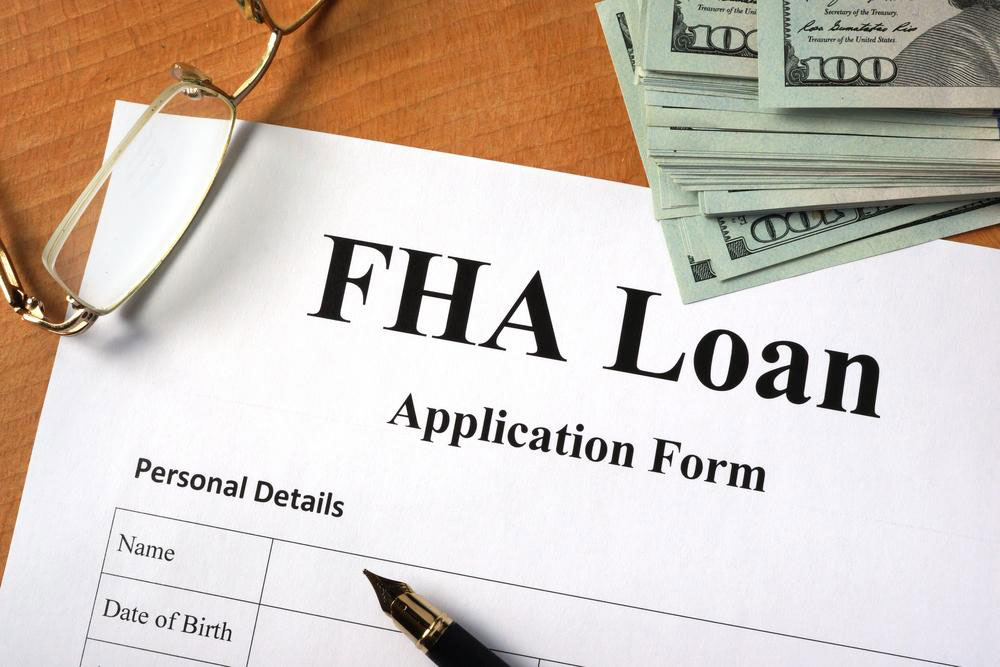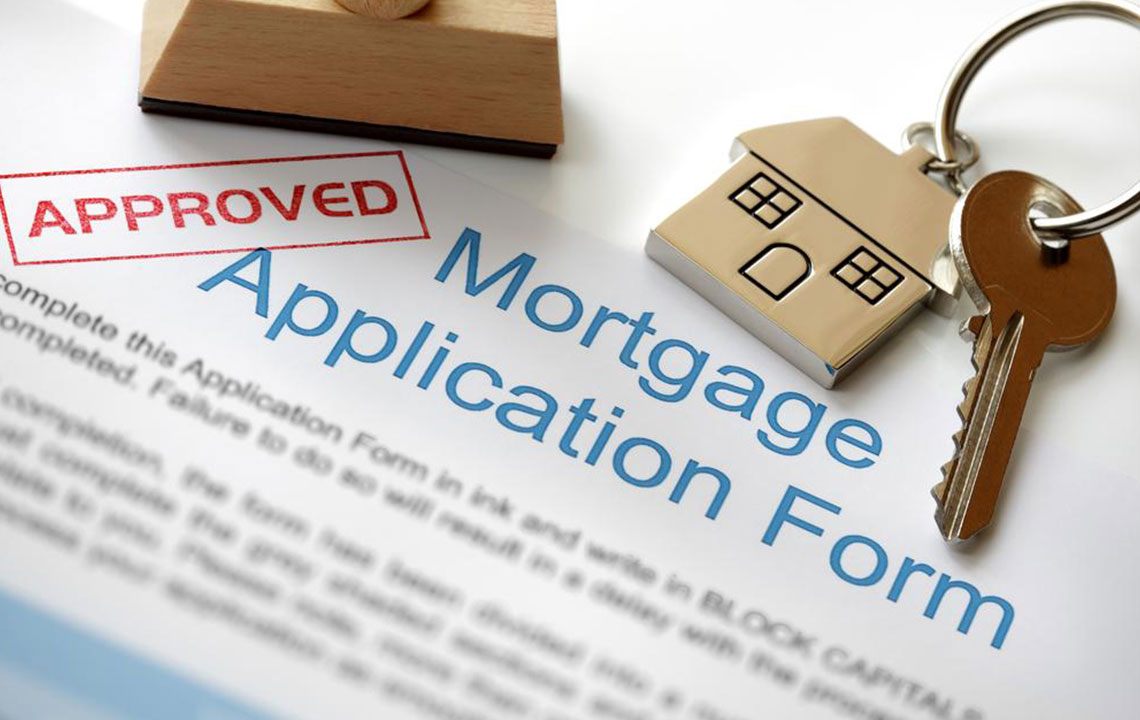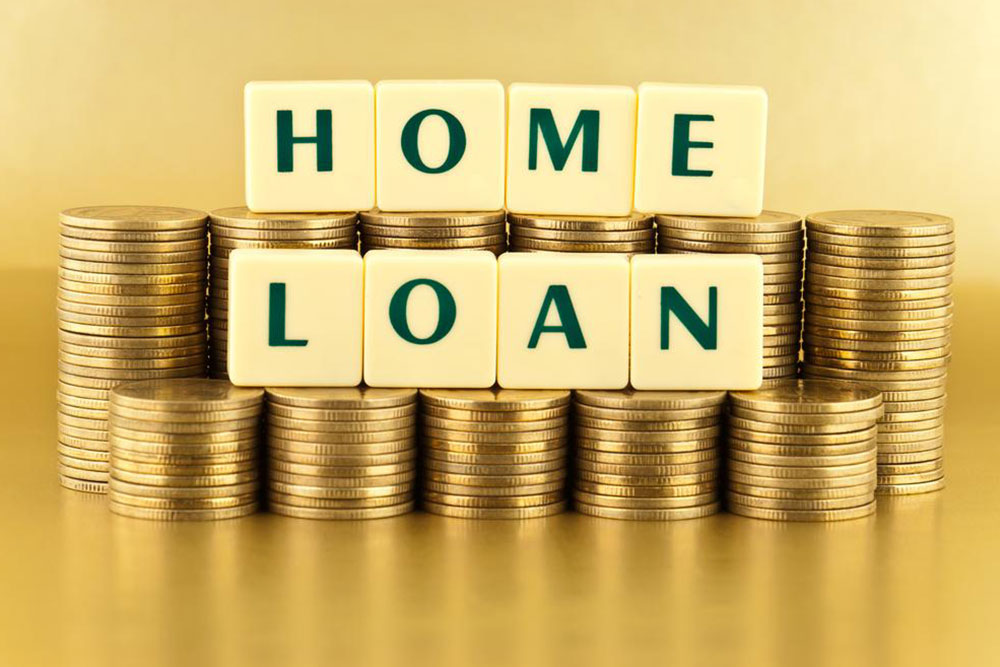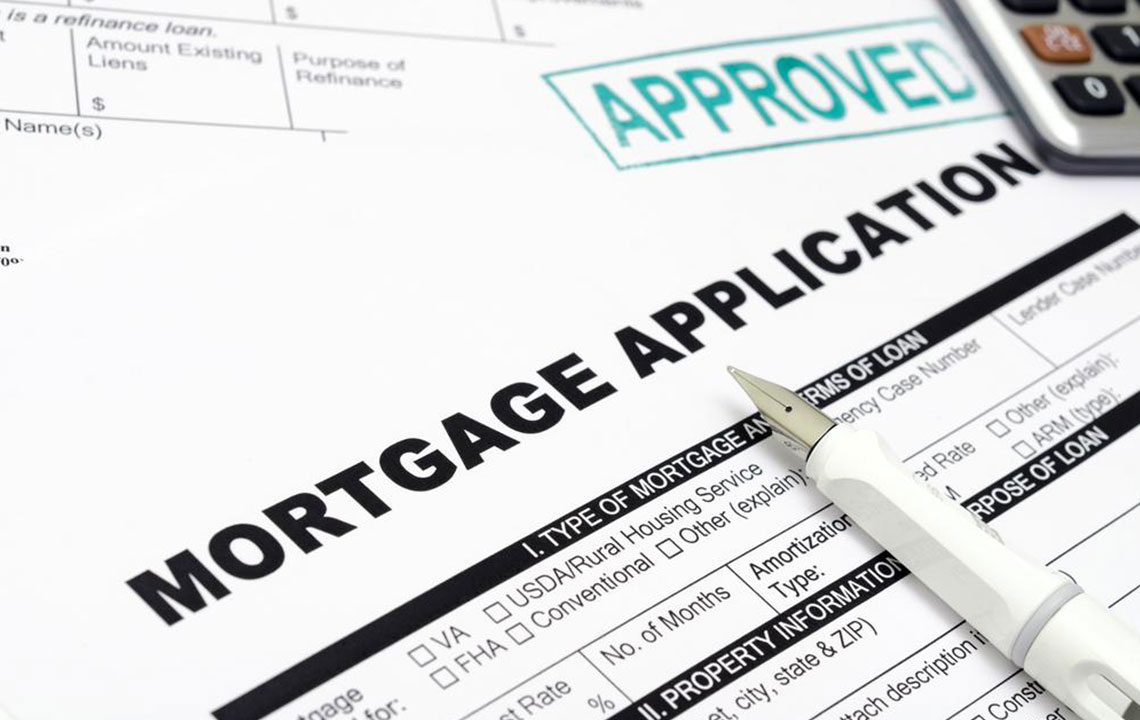Complete Guide to FHA Loans for Homebuyers
Discover everything about FHA loans, including eligibility, benefits, and application tips. Designed to assist first-time homebuyers, FHA loans offer low down payments and flexible credit requirements. Learn about the process, costs, and current mortgage rates to make informed homeownership decisions with confidence.
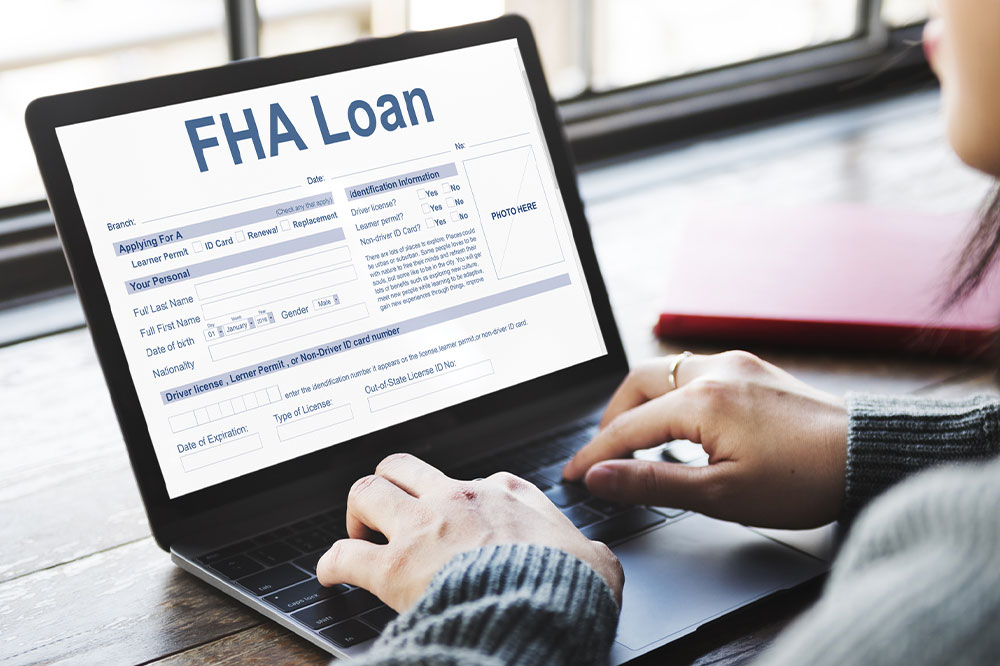
Guide to FHA Loans for Aspiring Homeowners
FHA loans, insured by the Federal Housing Administration, are popular mortgage options for first-time buyers. They allow for down payments as low as 3.5% for those with credit scores of 580 or higher. For lower credit scores below 580, loans are available but with higher interest rates, around 10%. Established in the 1930s to address mortgage defaults, FHA loans reduce lenders' risks by providing insurance, making homeownership more accessible and stimulating the housing market.
FHA loans benefit both buyers and lenders, as they are easier to qualify for compared to conventional loans. Borrowers pay two mortgage insurance premiums—an upfront fee of about 1.75% and monthly installments—covering the risk for lenders. Home appraisals are required, and properties must meet specific criteria to qualify. Factors such as employment stability, legal residency, and credit scores (minimum 580 for better rates) are essential for approval.
The approved loan amount depends on the Loan-to-Value ratio and loan term, with limits varying by location. To qualify, applicants typically need:
At least two years of steady employment history.
Valid Social Security number and legal U.S. residency.
Minimum down payment of 3.5% for credit scores of 580+.
The property must serve as the primary residence.
A property appraisal by an FHA-approved appraiser.
A total debt-to-income ratio below 43%, sometimes up to 50% with justification.
Credit scores of 580 or more for the best interest rates; lower scores attract higher rates.
No recent bankruptcy history, generally at least two years, with some exceptions at one year.
The property must meet safety and repair standards—additional repairs are paid by the buyer if needed.
Benefits and Drawbacks of FHA Loans
Advantages
Low down payment requirements—just 3.5% for qualified applicants.
Ideal for first-time homebuyers due to reduced upfront costs.
Credit issues like bankruptcy or foreclosure are more forgiving.
Disadvantages
Additional mortgage insurance premiums increase monthly payments.
Higher interest rates may apply for lower credit scores.
Ongoing monthly premiums can’t be canceled until sufficient equity is built.
Designed primarily to support lenders and the housing sector, not necessarily the buyer's interests.
More extensive paperwork compared to conventional loans.
Current FHA mortgage rates can be viewed on various financial sites. Borrowers can compare quotes by submitting loan details online, including their credit score, debts, and income, to find the best offer and connect with suitable lenders.
Note:
The information shared on our website covers multiple topics for reader education. While our team strives to provide accurate and useful data, it should not be considered final or comprehensive. We are not responsible for inaccuracies or missing schemes and offers available elsewhere that might benefit readers more. Always consult with a financial professional for personalized advice.


